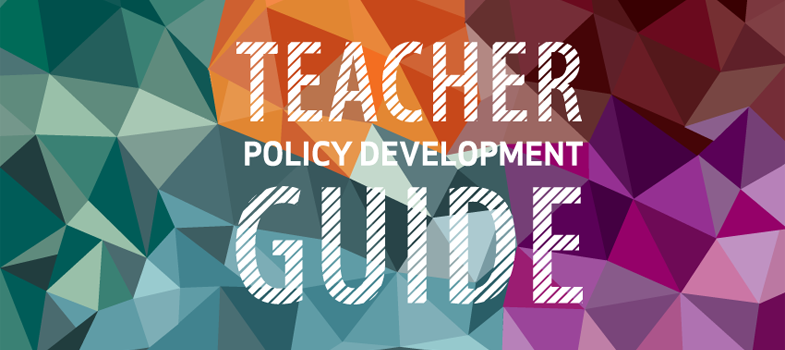4.1.1 Consultation — ongoing and meaningful throughout the policy process
Consultations with appropriate groups should be embedded throughout the teacher policy development process; however, consultation with various stakeholders and interest groups once the policy has been drafted is also important.
The groups that should be consulted include local government bodies (where they exist), other ministries beyond the MoE, national and international civil society organizations, international agencies, private education providers, teachers, parents and learners, and the organizations that represent them.
Ensuring wide participation and varied voices in the policy process ensures that the concerns and viewpoints of different actors are taken into consideration. It also increases the likelihood that the policy, once completed, will have the support of the public, stakeholders, the front- line staff expected to implement it and funders (UNESCO and UNICEF, 2013). The consultation process has crucial impacts on public and professional responses during the implementation phase of the policy and, consequently, impacts on its outcomes (Adams, 2001; ILO/UNESCO, 2003; Ratteree, 2004; VSO, 2002a; VSO, 2002b; VSO, 2002c).
The complex power and political contexts in which invitation to and participation in consultation take place within and among institutions should be considered when coordinating participation (Lewis and Naidoo, 2004). Coordination should ensure that everyone involved has a voice and is respected, regardless of their power or influence in or outside of the policy process (ILO/UNESCO, 2003; ILO/UNESCO, 2008; VSO, 2002a; VSO, 2002b; VSO, 2002c). As many have argued, this inclusive process should include not only teachers, but also students (Flutter and Rudduck, 2004; Morgan, 2011; Pedder and McIntyre, 2006; Ratteree, 2004; Thompson, 2009).
The selection of policy options to realize policy objectives is rarely clear-cut, as different strategies may address the same problem. The consultation process can become intense and contested, requiring negotiation among interest groups. Thus, the consultation process is crucial to making policy choices, particularly when alternative strategies and interventions have been suggested to address the identified problems and issues.
Social dialogue and consultation take different forms in different countries. In Nigeria, consultation included a survey of public opinion in selected states (Box 4.1).
BOX 4.1: COUNTRY EXAMPLE: NIGERIA TEACHER POLICY CONSULTATION
The Nigerian teacher policy process involved task force cooperation among the FME,UNESCO and USAID through the ENHANSE project (Enabling HIV and AIDS, TB and Social Sector Environment). The goals of the task force were to evaluate existing teacher education policy in Nigeria, to identify, analyse and ascertain problems, and to make recommendations for the development of a comprehensive national policy to those in government and involved in education.
The process included a wide range of stakeholders actively participating in identifying problems. Policy development involved meetings and consultations in six states of the country, using questionnaires, classroom observations, interviews and discussions. The outcome of this process was the identification of several policy choices, including: requiring mandatory teacher professional development, introducing teacher re-certification and licensing, introducing a code of conduct for teachers, introducing minimum qualifications and work experience, establishing new requirements for appointment of school Inspectors, and instituting regular supervision of schools.
As noted in Chapter 2, the involvement of teacher unions in education reform is not only a right, but is also essential to successful implementation. Teacher involvement in education and in the development of a teacher policy is more than simple consultation; it should substantively engage teachers in identifying and enacting in practice (implementation phase) the changes necessary to enhance education quality, recognizing teachers as professionals. In this respect, teacher unions play a crucial role in influencing and taking ownership of policies. A review of the involvement of teacher unions in education in Latin America (Gindin and Finger, 2013) features several examples of how teacher unions contribute to enhancing quality and equity. The authors highlight the case of Bolivia (Plurinational State of), where the teacher union, the Confederation of Rural Education Teachers Bolivia, played a key role in advocating for instruction in indigenous languages for indigenous groups (Gindin and Finger 2013: 17–20). They note how the union has been an important advocate for indigenous education rights in Bolivia, ensuring that such rights are constitutionally enshrined.
4.1 Key phases
